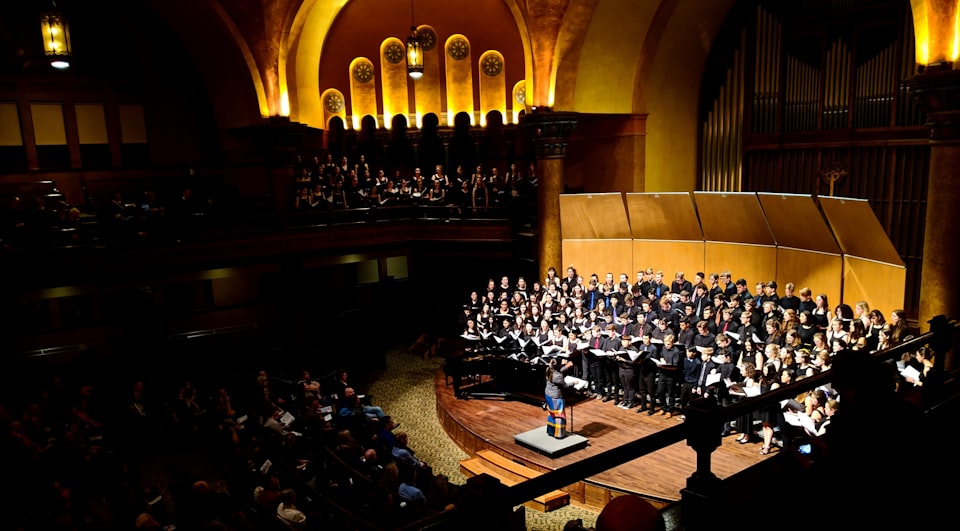Prometheus- Expressed thru Music

By: Toni Sellars
"The purpose of music is to perfect an insight into beauty- not to produce it"
--- Lyndon LaRouche
As we find our nation, and all of humanity, poised on the edge of a cliff, the challenge arises---HOW do we create the courage and stamina in ourselves to stay on the course to victory? I suggest here, to all those now engaged in this battle, that great classical music and other classical art forms, are of critical importance in aiding us to sustain that courage, in nurturing those inner powers of the mind and heart which will give us strength to stay focused on the higher mission. Great classical music reaches the better angel within us, and, as important, the better angel in others.
The potent image of Prometheus has challenged artists for hundreds of years. As many know, he stole fire, hope, and foresight from the oligarchic God/tyrants of Greek myth and provided them to mankind, who he loved. Zeus punished him by chaining him to a rock, seemingly for eternity. Yet he persevered, knowing that was complying with the true laws of the universe. It is through the power of music that we can discover that quality of Prometheus that is embedded in all of us. I include below both a poem and two songs, which together address that potential.
The first item is a poem by Goethe, inspired by Hesiod. Then are two songs composed from that poem. The first is composed by Hugo Wolf and the second by Franz Schubert. I am also using the same baritone Fischer- Dieskau. (There exists also a version by Wolf set to music with one singer and an entire orchestra. Wolf clearly thought that using an entire orchestra could create a much more dramatic effect.) Goethe’s portrayal of Prometheus in the poem and the musical compositions led Lyndon LaRouche to view the musical compositions as a better understanding of Goethe’s intent than even Goethe’s understanding. LaRouche also asked, Who is the victim here? Is it Prometheus or is it Zeus?
Lyndon LaRouche once said that the most effective way to teach classical music is to listen to it, many, many, times. I encourage you to read the poem many times, as well as listen to the musical compositions several times. Both pieces are quite different, but both, in their own way express the sublime qualities of Prometheus' mission to uplift and advance humankind.
You will find here:
- an English translation of Goethe poem, Prometheus
Franz Schubert's composition
Hugo Wolf's composition, both with a single voice
and an orchestral version

Member discussion